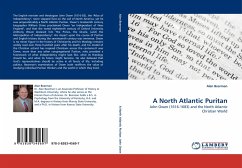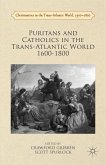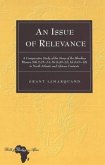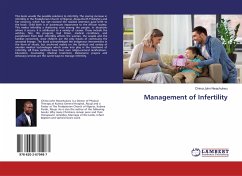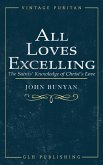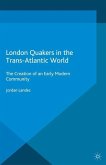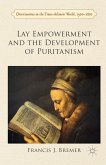The English minister and theologian John Owen (1616-83), the "Atlas of Independency", never stepped foot on the soil of North America, yet he was unquestionably a North Atlantic Puritan. Owen s nineteenth century biographer William Orme proclaimed Owen "an Independent of New England", and that the noted eighteenth century of Oxford University Anthony Wood declared him "the Prince, the Oracle, [and] the Metropolitan of Independency". His impact upon the course of Puritan and English history during the seventeenth century was immense. Owen is no minor figure in the history of Christianity and his theology remains widely read over three hundred years after his death, and his model of the Christian activist has inspired Christians across the centuries.It was Owen, more than any other congregational Puritan, who provided a framework of what Independency might look like, what its theology should be, and what its future might become. He also believed that God s representatives should beactive in all facets of life, including politics. Bearman's examination of Owen both reaffirms the value of studying individual Puritan thinkers and the world in which they lived.
Bitte wählen Sie Ihr Anliegen aus.
Rechnungen
Retourenschein anfordern
Bestellstatus
Storno

